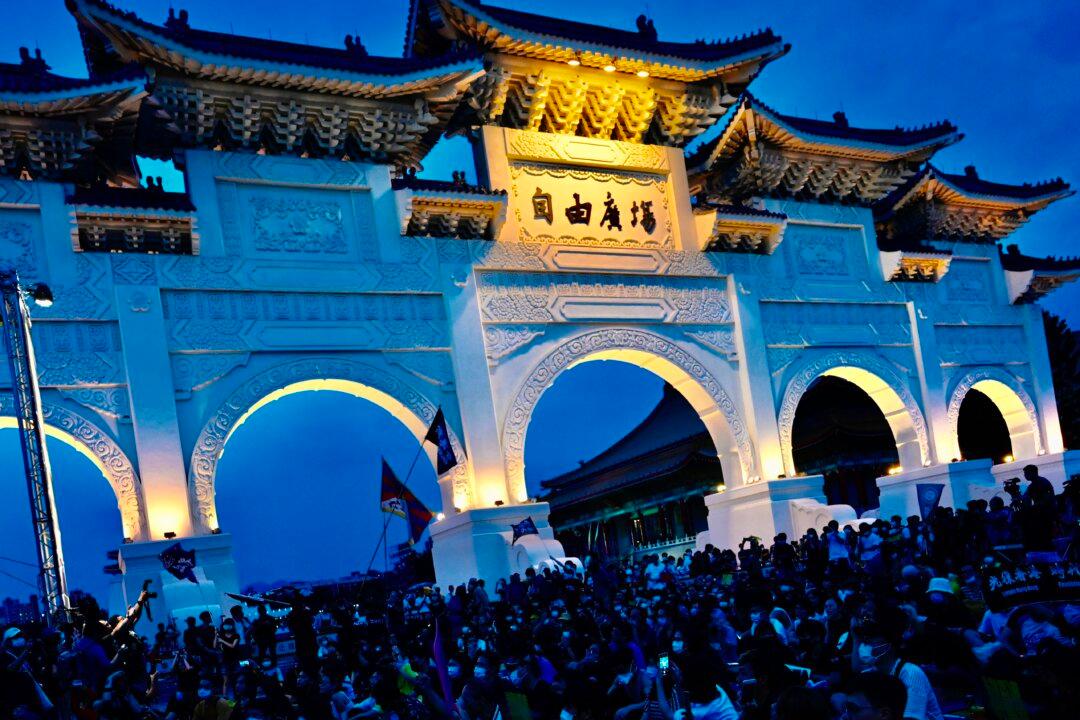In a press conference on May 15, China’s Taiwan Affairs Office warned of “disciplinary actions” against five Taiwanese political commentators and their families in Taiwan. One of the targeted individuals welcomed being sanctioned by the Chinese Communist Party (CCP), calling it a “lifelong honor.”
Chen Binhua, spokesperson for the Taiwan Affairs Office, singled out five prominent political talk show commentators—Huang Shicong, Lee Chenghao, Wang Yichuan, Yu Beichen, and Liu Baojie—alleging that they had “ignored the development and progress in China” and “spread false and negative information” about the Chinese economy. The specifics of the sanctions were not disclosed.




